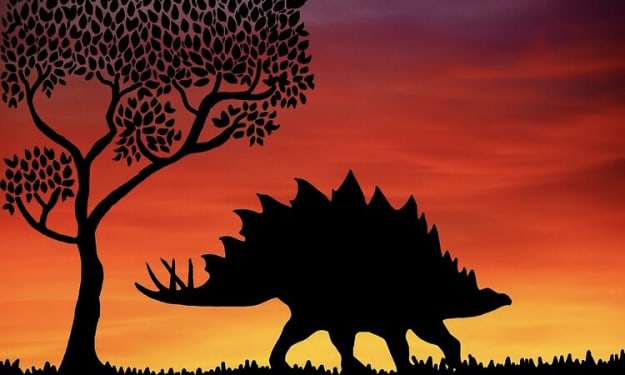
Love it or hate it, video games changed our lives. Thousands of people play video games, many of them play it on their mobile devices. Some are playing it for fun while others play it as part of their lifestyle. Realizing this trend, scientists around the world have come up with a creative idea to turn games into research tools, enabling them to accelerate their research progress. Here are 10 of such amazing games.
10. Happy Match
A group of scientists at Syracuse University created Happy Match, a citizen science game. There are several versions of the game to choose from (such as Happy Moths!, Happy Sharks!, and Happy Rays!). The goal is the same regardless of the version. We will be shown a collection of animal photos at the start of the game, which we must classify by answering simple questions about their characteristics. Not only is the game entertaining, but it also assists scientists in classifying these animals!
9. Astro Drone
If you own a Parrot AR.Drone Quadricopter, then Astro Drone is right up your alley. Astro Drone is a game developed by European Space Agency (ESA) as part of a scientific crowdsourcing project. The game will ask us to guide the drone through several space missions in augmented reality, executing several types of maneuvers such as landing, docking or to avoid obstacles. Data gained through our game play will also help ESA to improve their space probes’ autonomous capability.
8. Questa Game
This game, like Pokemon Go, will force you to leave the comfort of your home and venture into the outside world. The Difference is you can also expand your knowledge in both nature and biodiversity while you play! Photograph any animals you come across in your neighborhood to earn golds and climb the Leaderboard. All while assisting scientists in gathering data on global biodiversity.
7. Mozak
Tracing an intricate design of neurons is a time consuming job. Scientist at the Allen Institute for Brain Science could only trace a neuron per week. Therefore, they developed Mozak, a 3D game about neuron tracing. Anyone in the world with internet access can play it while at the same time also contributes to brain science. Since the game launching in November 2016, about 200 new players join forces with the scientists, significantly speed up the tracing process.
6. Dizeez
Do you have some spare time? Why don't you try your hand at Dizeez? Dizeez, as a citizen science game, will not only provide a way to pass the time, but will also ensure that your valuable time is not squandered. Dizeez is a quiz-style game in which our goal is to match the disease presented to us with one of the five genes listed below. Score as many points as you can in one minute rounds while knowing that the time you spend playing Dizeez is also being used to advance science.
5. Foldit
Gamers all over the world can now help scientists study protein structure by playing a game called Foldit. The main goal of the game is to fold the best protein shape possible. Foldit protein solutions are both entertaining and competitive, allowing scientists to develop various disease cures and vaccines while also addressing the world's numerous waste and pollution issues.
4. Malariaspot Bubbles
According to the WHO, There are 600,000 new malaria cases daily worldwide. Malaria is caused by a protozoan parasite called Plasmodium. Currently, the standard procedure to diagnose malaria involves manual blood examination, which slows down the whole treatment process. To speed up this process, researchers at the Technical University of Madrid have developed a game called Malariaspot bubbles. Our critical mission in this game is to identify five different types of malaria parasites while having fun by shooting up mosquitoes and pooping up bubbles.
3. Sea Hero Quest
Playing a game while assisting scientists in their fight against dementia? We can now do it with Sea Hero Quest! Dementia is a group of nasty brain diseases. Dementia not only impairs the patient's cognitive ability, but it also impairs their spatial navigation ability. In the Sea Hero Quest, you take on the role of a young sailor whose father suffering dementia. Navigate your boat through a series of checkpoints, while remembering your routes and trying not to get lost. We will help scientists understand how our brain navigates space by playing.
2. Stall Catchers
Stall Catchers, an online game developed by human computation institute are no ordinary game. We will be able to see tissue layers of a real mouse brain through a virtual microscope in this game. As players, our job is to locate and "catch" a stalled blood vessel in the highlighted area of these tissues. We will earn points, level up, and most importantly, we will be directly contributing to Alzheimer research at Cornell University by catching these stalls.
1. Cell Slider
Cancer has still not been cured as of 2017. Meanwhile, cancer claimed the lives of approximately 600,920 people in the United States alone. Is there anything we can do about it? I believe we can with Cell Slider! In this game, our critical mission is to analyze tissue samples donated by former cancer patients and identify any cancerous cells by answering simple questions. By doing so, we may be able to accelerate cancer research and save millions of lives in the future!






Comments
There are no comments for this story
Be the first to respond and start the conversation.